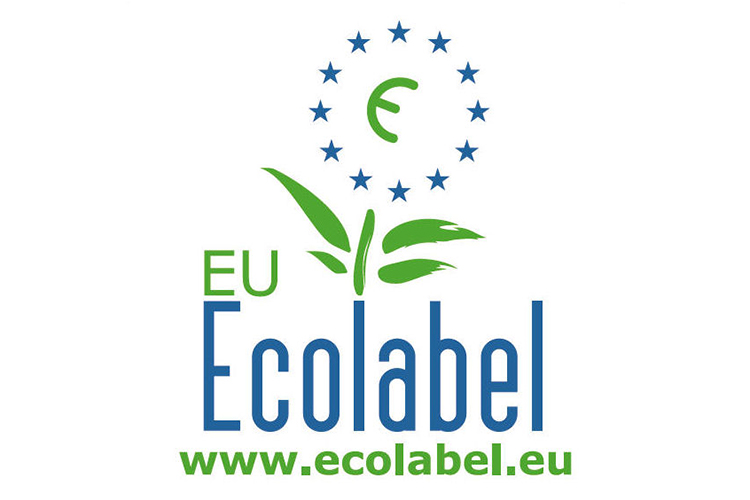 The Commission has agreed on a report presenting the conclusions of the extensive evaluation of the EU Ecolabel Scheme and the Eco-Management and Audit Scheme (EMAS) concluding that groups with limited uptake, like imaging equipment (IE) will be discontinued.
The Commission has agreed on a report presenting the conclusions of the extensive evaluation of the EU Ecolabel Scheme and the Eco-Management and Audit Scheme (EMAS) concluding that groups with limited uptake, like imaging equipment (IE) will be discontinued.
The EU Ecolabel is a voluntary label promoting environmental excellence by serving as a credible and trustworthy reference for consumers. It is aiming to recognise the top 10-20% best performing products. EMAS is a voluntary management scheme for companies and other organisations to improve environmental performance.
The Recycler reported in March this year that the EU Commission was reviewing the EU Ecolabel. As a result of this review, the Commission highlighted “The Fitness Check of the functioning and performance of these two voluntary schemes found that implementation must improve to reach full potential as circular economy tools.”
Environment Commissioner Karmenu Vella said: “The EU Ecolabel is a green brand you can trust. The scheme has just been rechecked and is fit for purpose. Environmentally minded consumers can look forward to another 25 years of quality green choices.”
To make the EU Ecolabel scheme more effective and boost uptake, the Commission will make it more focused. This comprises a new strategic approach by bundling closely related product groups when they come up for renewal, to reinforce communication, to reduce administrative costs, and to improve consistency between the EU Ecolabel and national/regional labels.
A number of product groups with limited uptake will be discontinued including imaging equipment (IE). This will happen when the current EU IE Ecolabel criteria will expire (in December 2017).
For EMAS, the Commission wants to increase the added value of the scheme and the benefits delivered to registered organisations and authorities. This includes additional opportunities for EMAS registered organisations to cut administrative burden by providing greater regulatory relief, replicating measures used by the Member States with a significant number of EMAS registrations, and a better integration of EMAS into the Green Action Plan for SMEs.
